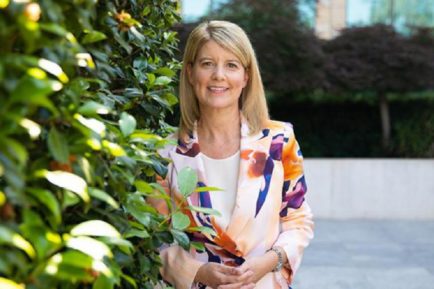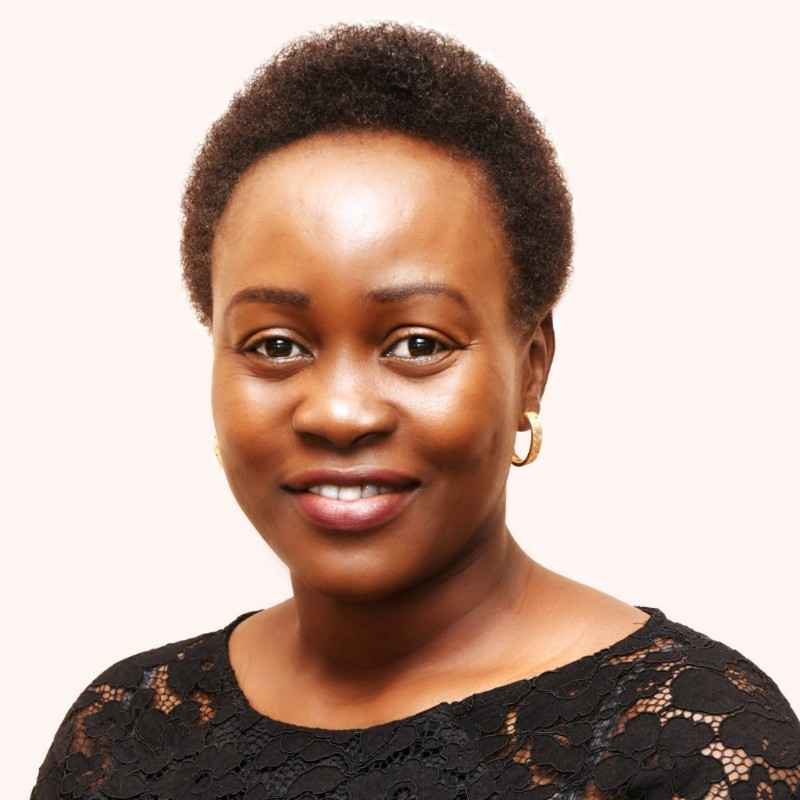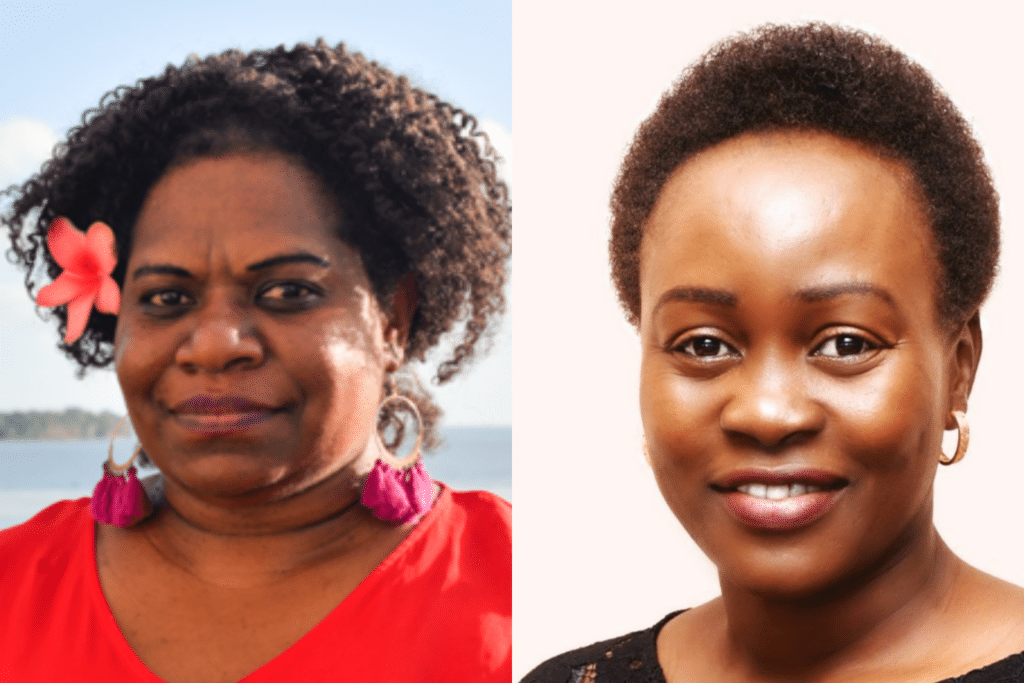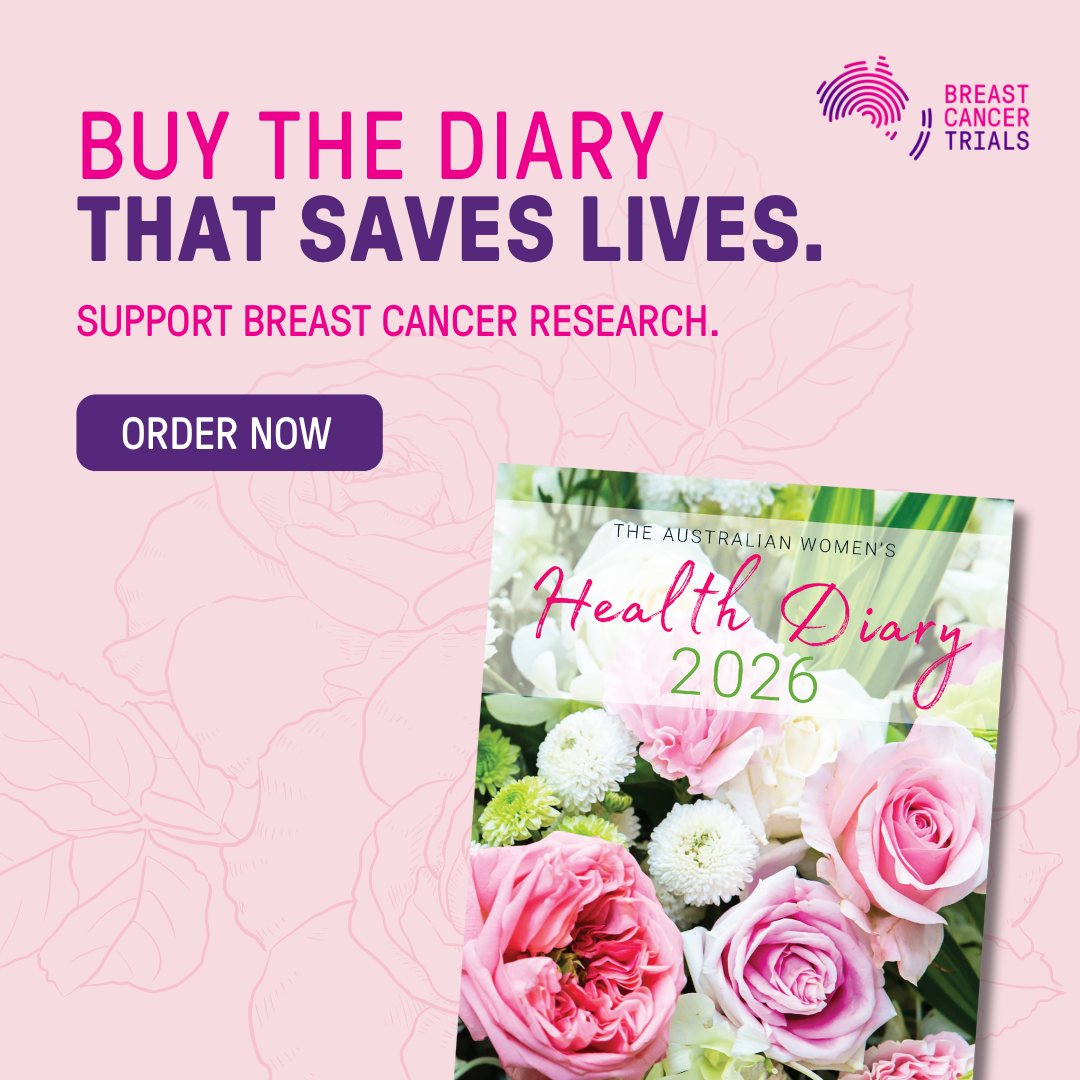Women are disproportionately impacted by the climate crisis, and yet they’re often the first to take action when disasters strike.
Their leadership in times of crisis is often undervalued and underpaid, which is why the women’s rights organisation ActionAid organisation established the Arise Fund, supporting women in responding to crisis all over the world.
With World Humanitarian Day this past Saturday, August 19, ActionAid shared more on the life-changing work done by those humanitarian workers and those currently living in crisis-affected communities at an event in Sydney, hosted by Hall & Wilcox and sharing stories from two humanitarians from Kenya and Vanuatu, in conversation with Tracey Spicer AM.
The audience in Sydney on Thursday heard firsthand the impact that empowering women’s leading in emergencies can have — as well as calls for Australia to urgently step up its ambitions on addressing climate change.
“Today’s event literally moved me to tears. The disproportionate effect of climate change, natural disasters and war on the plight of women and girls around around the world is an earth shattering global crisis,” wrote Fay Calderone, an employment lawyer, partner and diversity & inclusion leader at Hall&Wilcox, on LinkedIn.

Speaking to the impact of women’s leadership on this global crisis, ActionAid Arise Ambassador, Natasha Stott Despoja said: “If we can ensure that women from affected communities are prepared before disaster strikes, they can not only play a powerful role as first responders, but their visible leadership at the helm of the response can change attitudes, change positions, change aspirations.”
“It can shift gender norms that have excluded women from decision making and leadership, including in humanitarian response for decades.”
Unfortunately, there are many rising humanitarian crises taking place right now, including the drought in the Horn of Africa, earthquakes in Syria and Turkey, cyclones and disasters in the Pacific and ongoing conflicts in Afghanistan, Syria and the Ukraine.
Kenya and Vanuatu
Amidst these crises and as Labor prepares to discuss Australia’s role in the world at its annual policy conference, women leaders visiting from Kenya and Vanuatu have called on the Australian government to urgently scale up its climate ambition.
Both countries are facing the worst impacts of the climate crisis.
The current drought in the Horn of Africa is one of the worst on record, and Susan Otieno, Country Aid of ActionAid Kenya, is one of the women leading the response efforts to the food crisis there, as an estimated 60 million people are at risk of famine.

Otieno says, “women and their communities are running out of coping mechanisms” and that “without the urgent scaling up of international funding for women-led climate action” the brunt of the crisis will continue to fall on women and girls.
Communities in Vanuatu are still recovering from the twin cyclones that struck in March, impacting 80 per cent of the population.
Country Manager of ActionAid Vanuatu, Flora Vano is supporting a network of 9000 women to respond to the increasing impacts of the climate crisis in the island nation.

“As our big sister in the Pacific, Australia must stand with us,” says Vano. “They must listen when we tell them that the continued expansion of fossil fuel production poses an existential threat to our communities, and they must invest in our collective survival by taking urgent action to phase out fossil fuels.”
Both women leaders– Otieno and Vano– send these strong messages ahead of World Humanitarian Day in the hopes that the Australian government listen to the voices of women living through the realities of climate crises.
Women’s leadership is vital
Arise Fund ambassador Natasha Stott Despoja describes the heart of the fund as “a simple concept”.
“We know that women make up a large number of those that risk their lives and often they’re first to report to a crisis and often the last to leave,” said Despoja.
“Their efforts are required more than ever as we seek to strengthen the international response.”
Through her role as ambassador for women and girls, attending the International Humanitarian Summit in Turkey and visiting Bangladesh and Vanuatu with ActionAid teams, Desposa says she’s seen first-hand the critical role women’s leadership plays in crisis.
“I know that ActionAid is a feminist-focused organisation operating in around 45 countries now around the globe,” she said. “It recognises that a core element of our humanitarian response must be women’s leadership, because conflict and disasters impact women and girls disproportionately.”
“As we tackle these growing humanitarian crises, it’s clear that preparing communities must go hand-in-hand with achieving gender equality.”
Adding to the significance of World Humanitarian Day, Despoja reiterates that it’s an opportunity “to recognise the often unsung heroes of humanitarian crises– women’s leadership, that is so often undervalued, unrewarded and unpaid, and yet makes such a significant contribution to saving and protecting lives as well as strengthening the international humanitarian response.”


